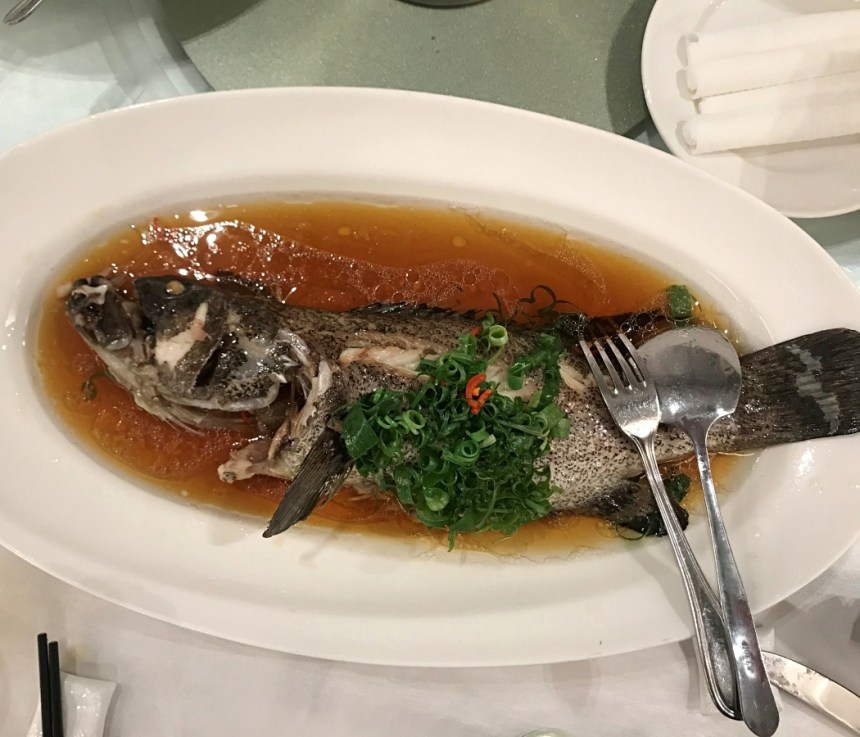Lunar New Year, also known a Spring Festival, is the biggest holiday on the calendar in Taiwan and a key part of it is the food. A New Year’s reunion dinner with loved ones is one of the most important events of the year and is a time for catching up and celebrating health, wealth and family. It takes place on the equivalent of New Year’s Eve and the food served is very important. A lot of the dishes are symbolic and outline fortunes for the year ahead. Here is a rundown of the foods you’d expect to see at a Spring Festival reunion dinner. (Read More: A Handy Guide to the Year of the Ox)
Fish (魚)
Fish is a dish traditionally served in Taiwan, China and Vietnam during Lunar New Year. In Taiwan and China, the fish is deliberately not finished to symbolize being blessed with monetary profits over the coming year. It comes from the Chinese phrase 年年有餘 (nian nian you yu) which means “ be blessed every year”/“make great profit every year. ” – a homophone for “every year there will be leftover fish ”

Dumplings (水餃)
Dumplings aren’t just eaten because they’re delicious. At reunion dinner, dumplings are included as they are said to be shaped like Yuan Bao (元寶; ancient money). You may notice a recurring theme of money throughout this article…

Sticky rice cake (年糕)/steamed sponge cake (發糕)
It’s not a celebration without cake, right? “糕” (gao) sounds like “高” as in “步步高升” (bu bu gaosheng) which basically means “get rich.” “發” (fa) is used in the phrase “發財” (facai), which, you guessed it, also basically means “get rich.” (Read Also: New Year Shopping in Taipei — Where the Locals Go, What They Buy, and Why)
Radish (菜頭)
In Taiwanese, radish is pronounced “tshai thau,” which sounds like “彩頭” (caitou) as in “好彩頭” (hao caitou), which means “good start.” This good start often refers to getting the lunar year off to a good start.
Orange (橘子)
Oranges are seen as lucky foods at this time of year due to “橘” (ju) sounding sort of like “吉” (ji), which means good fortune or luck, such as in the phrase”大吉大利” (dajidali). So, treat yourself to some good fortune and some vitamin C while you’re at it.

Chicken (雞)
The Taiwanese pronunciation of chicken (ke) is pretty close to the Taiwanese pronunciation of family or home (家), so it is seen as an important symbolic dish during the Lunar New Year period.
Hot pot ( 圍爐 )
Also referred to at this time of year as “圍爐” (weilu), which literally means “surround the pot,” hotpot is the ideal family meal and perfect for reunions, as it represents family bonding which is a key component of the Spring Festival. Also, it’s still pretty cold at this time of year, in case you needed another excuse to get your hotpot fix. (Read also: Warm, Hearty, Comforting Year-end Hot Pot Gatherings)
Want to try all of these foods in Taiwan and more? Book your trip and get ready to eat!












